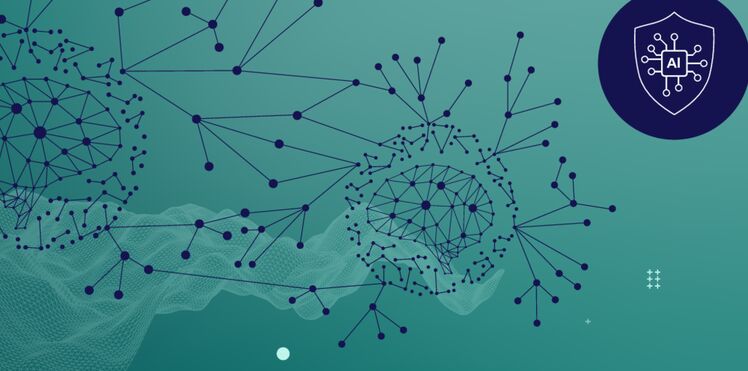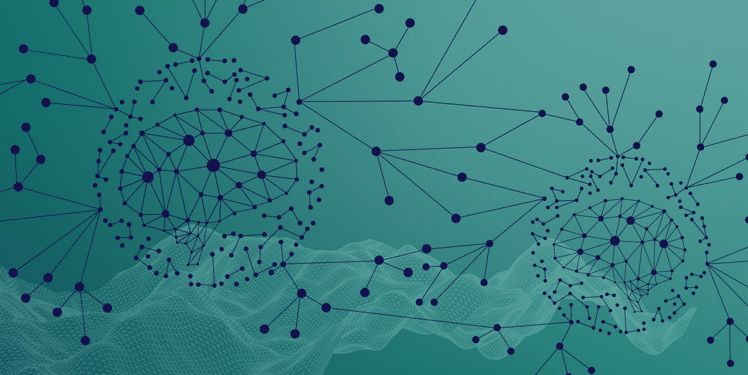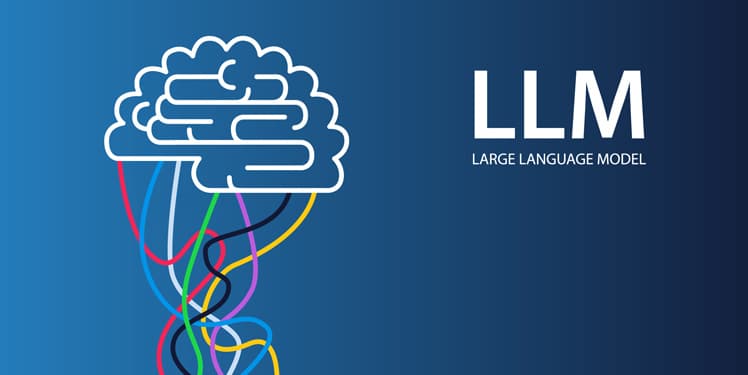Retrieval Augmented Generation (RAG): Chatten mit den eigenen Daten
Retrieval Augmented Generation (RAG) ist ein KI-Verfahren, das ein LLM mit einer guten Suche, z.B. in einer Dokumentensammlung, in einer Datenbank oder in einem Knowledge Graph ergänzt, um Antworten zu generieren. Hierdurch lässt sich die Verlässlichkeit (Dependable AI) des Generierens…










